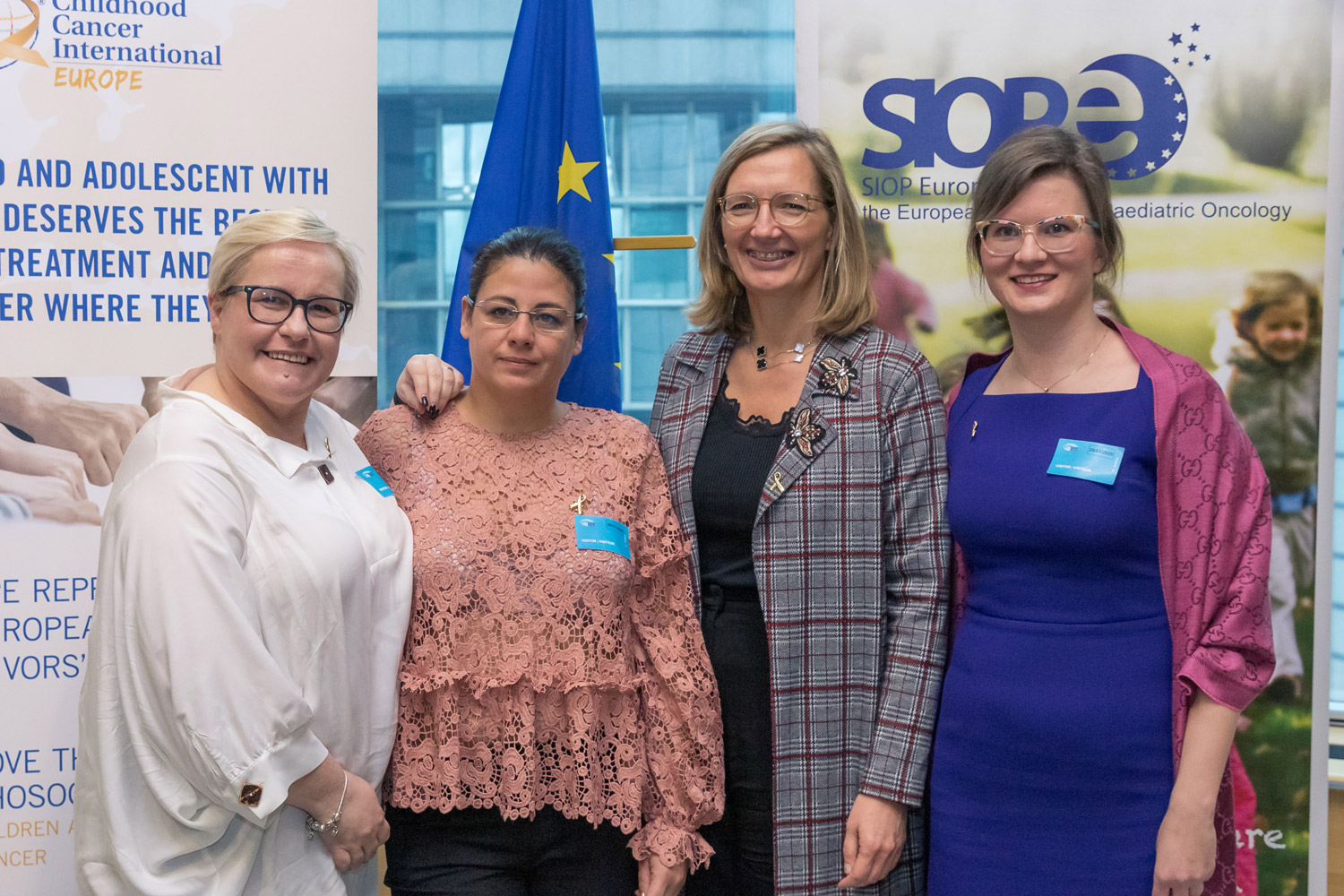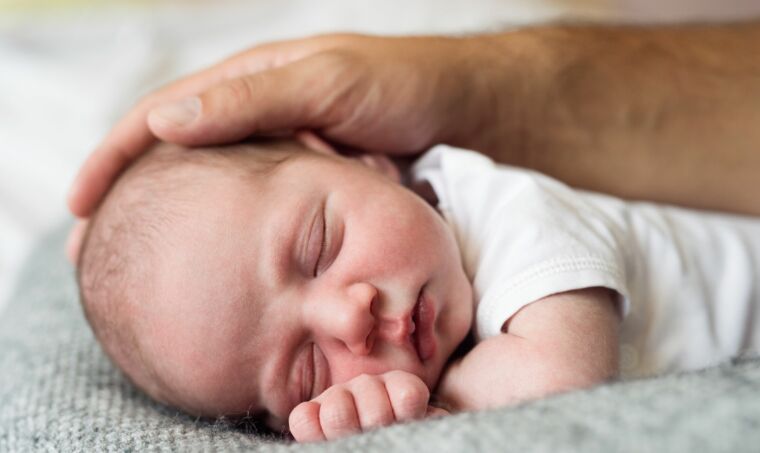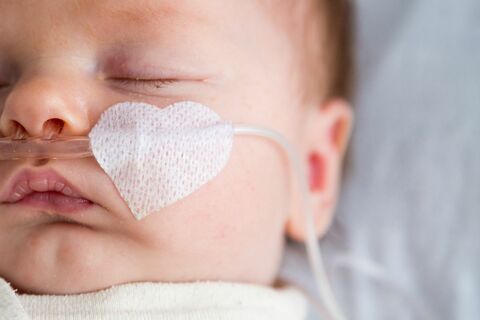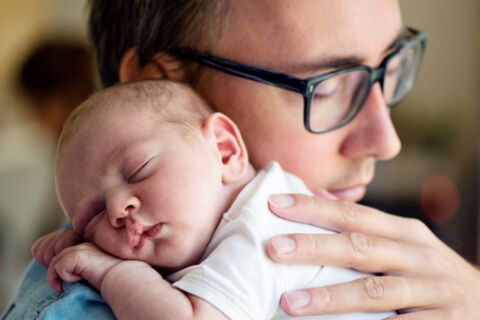Advocacy –
standing up for the rights of those affected
Children with cancer and their families have no voice at federal level. In recent years, it has become increasingly clear just how important it is for those affected to have a stronger influence on health policy decisions and legislative plans. Childhood Cancer Switzerland is therefore strongly committed to their interests.
Our demands focus on better legal framework conditions. These aim to better protect and support caring parents, to treat children and adolescents with cancer according to the best and most modern therapy concepts, and to enable equal development opportunities for long-term survivors. Childhood Cancer Switzerland raises public awareness of the situation of those affected and sensitises decision-makers in politics and health care to their needs and concerns.
A right to the
best possible therapies
Most of the drugs used to treat children and adolescents with cancer are actually only approved for adults. This in turn means the health insurance companies are generally not obliged to cover the costs for children. To date, they have often been very accommodating, but there have been many occasions when those affected have been informed that they will not be reimbursed for some of their drugs and, if they are, only with a lot of effort. This uncertainty can be very stressful for parents, both psychologically and financially.
Focus: covering the costs of medicines
Childhood Cancer Switzerland campaigns actively at federal level for specific measures to improve the coverage of the costs of medicines for children with cancer. We aim to ensure that, in the future, all medicines necessary for therapy are covered by the health insurance companies so that every sick child receives the optimal medical treatment. The first step is therefore to make decision-makers in politics and health care aware of the problem so that they can improve the situation of those affected in the future.
Optimal framework conditions for affected parents
Children with cancer who are fighting for their lives need parents by their side to accompany them intensively over a long period of time. Most of the young patients are infants and young children. In the past, many working mothers and fathers have had to cope with many a difficult situation to give children what they need.
Focus: paid care leave with protection against dismissal
Until the end of 2019, the Labour Law allowed a maximum absence of three days for a parent to care for a sick child. However, caring for a child with cancer takes at least a year and often longer. When it comes to types of cancer that require prolonged therapy, parents often have to stay off work at various points over the following years. In addition to the worries they have about their child, they often worry about the possibility of losing their job and thus their financial security. Childhood Cancer Switzerland has therefore actively campaigned at all levels of parliamentary debate for paid care leave with protection against dismissal, so that families with children suffering from cancer are better protected in the future.
Childhood Cancer Switzerland in the debates of the National Council
Social democrats (S), SP
National Council, autumn session (in German), 23.09.2019 © The Swiss Parliament CH-3003 Bern
Equal opportunities for
childhood cancer survivors
The Childhood Cancer Switzerland Survivors’ Centre actively promotes the interests of those affected. It cooperates nationally and internationally with various stakeholders in order to more purposefully advance the improvement of follow-up care with the exchange of experience and knowledge and to gain insights into the latest research findings. Find more information here.

Head of the Survivors’ Centre Zuzana Tomášiková (on the right) in the European Parliament.









